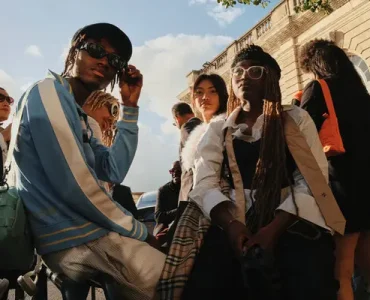In 2025, entertainment isn’t just about consuming content—it’s about creating, connecting, and customizing experiences. From AI-powered storytelling to immersive digital worlds, the way we engage with entertainment has fundamentally transformed.
Streaming Beyond the Screen
Streaming platforms now offer more than movies and shows—they deliver fully immersive, interactive stories. Viewers can influence plot twists, change endings, and even appear in the content via deepfake personalization tools. The line between audience and creator has officially blurred.
Immersive Worlds with VR and AR
Virtual reality (VR) and augmented reality (AR) have become standard. People attend concerts in the metaverse, explore VR museums from home, and play AR-enhanced games while walking down the street. Entertainment in 2025 is not just visual—it’s spatial and emotional.
AI as a Creative Partner
Artificial intelligence isn’t just behind the scenes—it’s co-creating music, scripts, and visuals. Some artists use AI to generate beats or lyrics, while others let fans vote on plotlines crafted by algorithms. Creativity is now a collaboration between humans and machines.
Community-Driven Content
User-generated content dominates platforms like TikTok, YouTube, and decentralized entertainment hubs. Fans aren’t just watching—they’re remixing, reacting, and shaping culture in real time. Micro-influencers and content creators have become more influential than mainstream celebrities.
Gamification of Everything
Even non-gamers are engaging with gamified entertainment. Fitness apps, shopping platforms, and learning programs use points, challenges, and narratives to keep users entertained. Life itself feels a little more like a game—and people love it.
Conclusion
Entertainment in 2025 is personal, immersive, and powered by participation. As technology continues to evolve, so does our relationship with stories, music, games, and art. The future of fun is here—and it’s in your hands.



